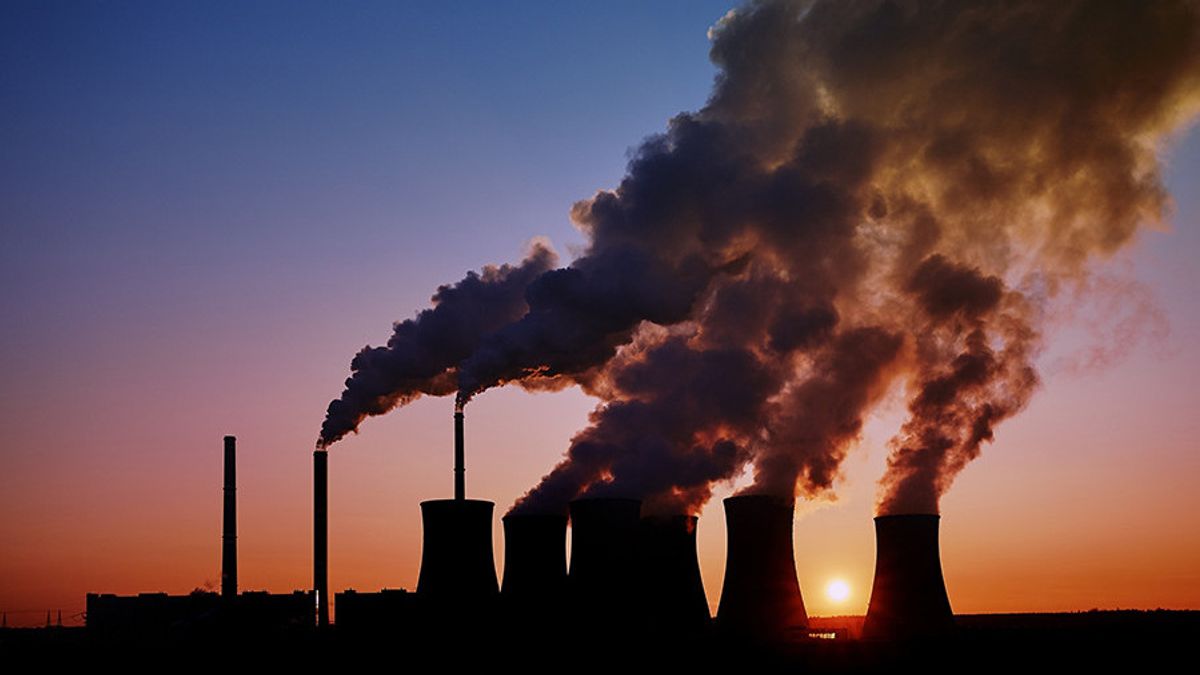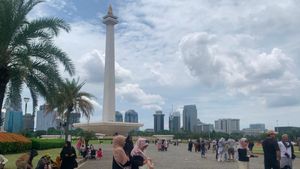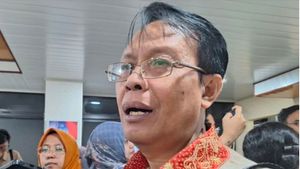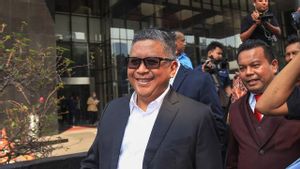JAKARTA - The government through the Coordinating Minister for the Economy Airlangga Hartarto said that the implementation of the carbon tax will be in accordance with the initial plan, which will be implemented on July 1, 2022.
In his official statement, Airlangga said the new policy was in line with Indonesia's commitment to achieve the emission reduction target according to the Paris Agreement.
“This mechanism will be implemented in July 2022 through a cap-trade-tax scheme in the power generation sector. Through this, coal-fired power plants with inefficient processes or emissions higher than the upper limit will incur additional costs,” he said, quoted on Wednesday, June 22.
According to Airlangga, the carbon tax is one of the Carbon Economic Value (NEK) instruments that aims to change people's behavior to switch to green economic activities.
"The carbon tax is implemented while encouraging the development of carbon markets, technological innovation, and investments that are more efficient, low-emissions, and environmentally friendly," he said.
Furthermore, he explained that various alternative funding mechanisms are important to meet the large enough financing gap so that it is not limited to only the APBN. For example, through green sukuk, blended finance, and accommodate funds from the private sector for the development of renewable energy and climate change mitigation.
"The government also continues to increase green financing cooperation with several international institutions in the form of new renewable energy programs and funding has been assisted by donor agencies, such as the Development Finance Institution and the Export Credit Agency," said Airlangga.
Furthermore, Airlangga revealed, the implementation of a green economy in Indonesia has been encouraged by the 2021-2025 Sustainable Finance Roadmap that has been issued by the Financial Services Authority.
In addition, the existence of the Indonesian Green Taxonomy makes Indonesia one of the few countries in the world that already has a green standard as a national reference.
"This strengthening of market fundamentals will encourage opportunities to seize the green financing market so that the transition process towards a green economy can take place faster and more effectively," said Airlangga.
Finally, Airlangga said that the exchange of information and experiences, as well as increasing the capacity of human resources and technology, were the main things in realizing a better carbon economy value reform.
“The effectiveness of various policies to achieve commitments to reduce carbon emissions requires the support of all parties. Especially scholars who are eagerly awaited for their input to improve policies or improve regulations that will be issued by the Government," he concluded.
The English, Chinese, Japanese, Arabic, and French versions are automatically generated by the AI. So there may still be inaccuracies in translating, please always see Indonesian as our main language. (system supported by DigitalSiber.id)













